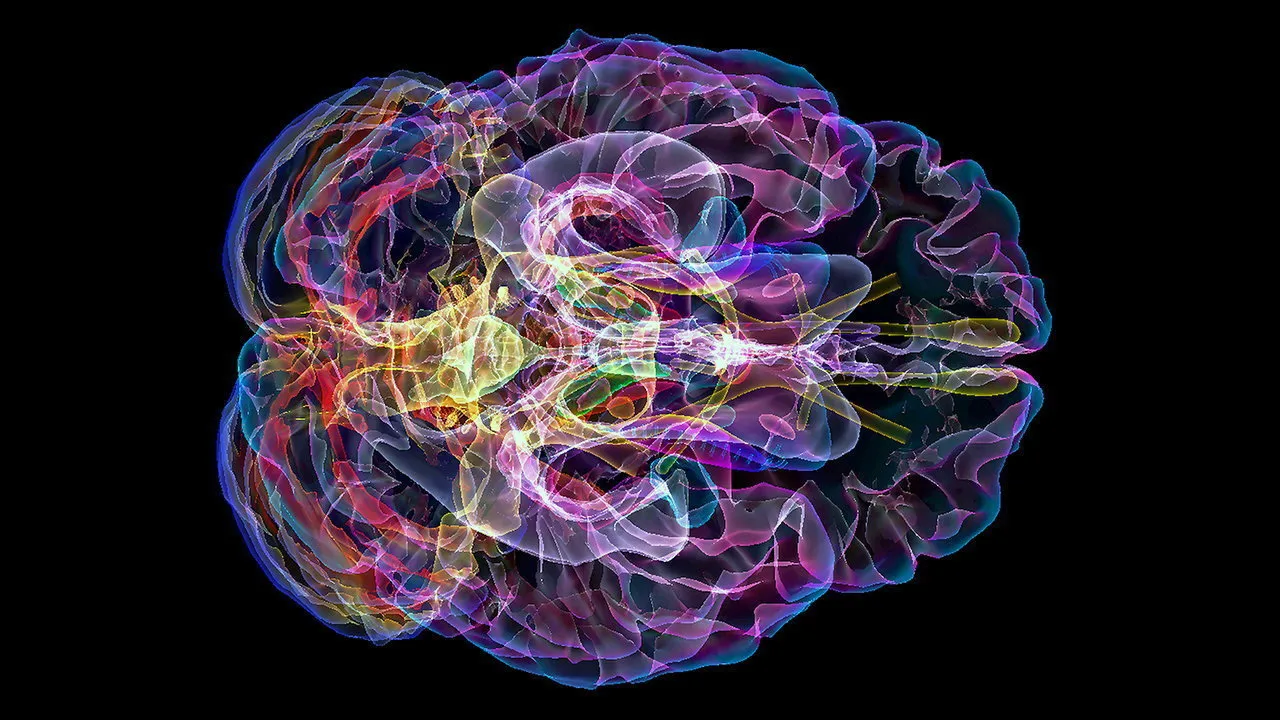Alzheimer’s disease, a leading cause of dementia, has long been a challenge for both patients and medical professionals. However, recent advancements in research are shedding light on more effective ways to diagnose, treat, and potentially prevent the disease.
1. Advancements in Diagnostic Tools
Early detection of Alzheimer’s is crucial for effective intervention. Researchers have developed a blood test that can detect Alzheimer’s biomarkers—amyloid beta and tau proteins—with over 90% accuracy. This non-invasive test could revolutionize early diagnosis, allowing for timely treatment and better management of the disease.
2. Lifestyle Interventions Show Promise
The U.S. POINTER study, the largest lifestyle intervention trial to date, demonstrated that changes in diet, exercise, and cognitive training improved cognitive outcomes in individuals at risk. These findings reinforce the idea that Alzheimer’s risk factors can be mitigated through lifestyle choices, offering a proactive approach to brain health.
3. Genetic Insights and Dietary Implications
Studies have revealed that individuals with a high genetic risk for Alzheimer’s, such as those carrying the APOE4 gene, can particularly benefit from adopting a Mediterranean diet. This diet, rich in fruits, vegetables, whole grains, and healthy fats, may help reduce the risk of developing the disease.
4. Exploring the Role of Inflammation
Emerging research is focusing on the role of inflammation and immune dysfunction in Alzheimer’s disease. Understanding these factors could lead to new therapeutic avenues, such as immunomodulation, to slow or halt disease progression.
5. Vaccines and Lithium: Unexpected Allies
Large-scale studies have linked certain vaccines, including those for shingles and respiratory syncytial virus (RSV), to a reduced risk of developing dementia. Additionally, a groundbreaking study showed that low-dose lithium could potentially reverse symptoms in animal models, opening new possibilities for treatment.
6. Artificial Intelligence in Early Detection
Innovative approaches are being explored to enhance early detection of Alzheimer’s. Researchers at King George’s Medical University in Lucknow have initiated the use of advanced MRI scans powered by artificial intelligence (AI) for the early detection of Alzheimer’s disease. This cutting-edge approach enables diagnosis at a much earlier stage—prior to the appearance of recognizable symptoms such as memory loss and confusion. The integration of AI with MRI technology enhances the precision and reliability of detecting changes in the brain, potentially improving patient outcomes through earlier intervention and management of the disease.
These developments signify a hopeful shift in the fight against Alzheimer’s disease. With continued research and innovation, there is optimism that more effective treatments and preventive measures will become available, improving the quality of life for individuals affected by this condition.















Leave a Reply